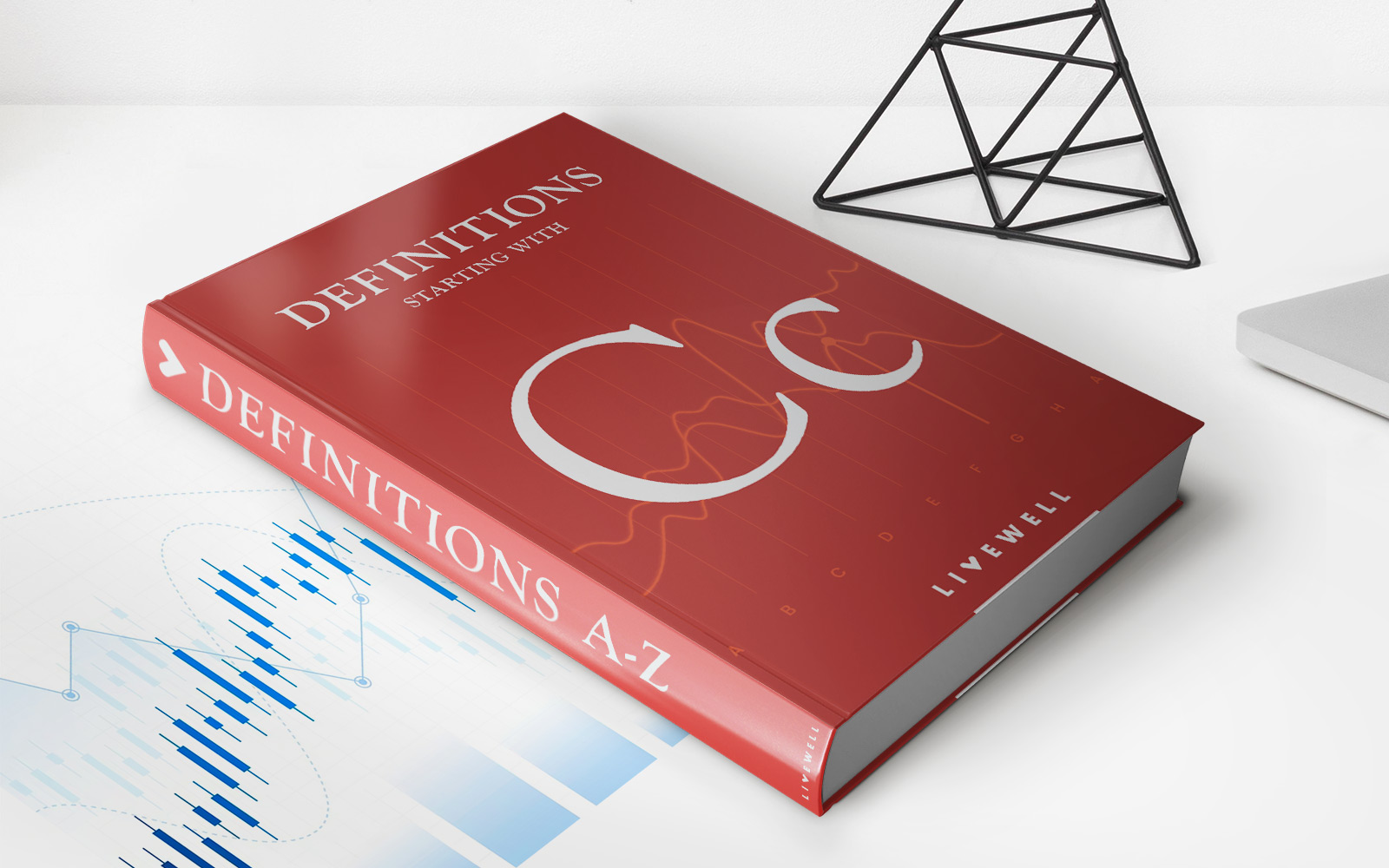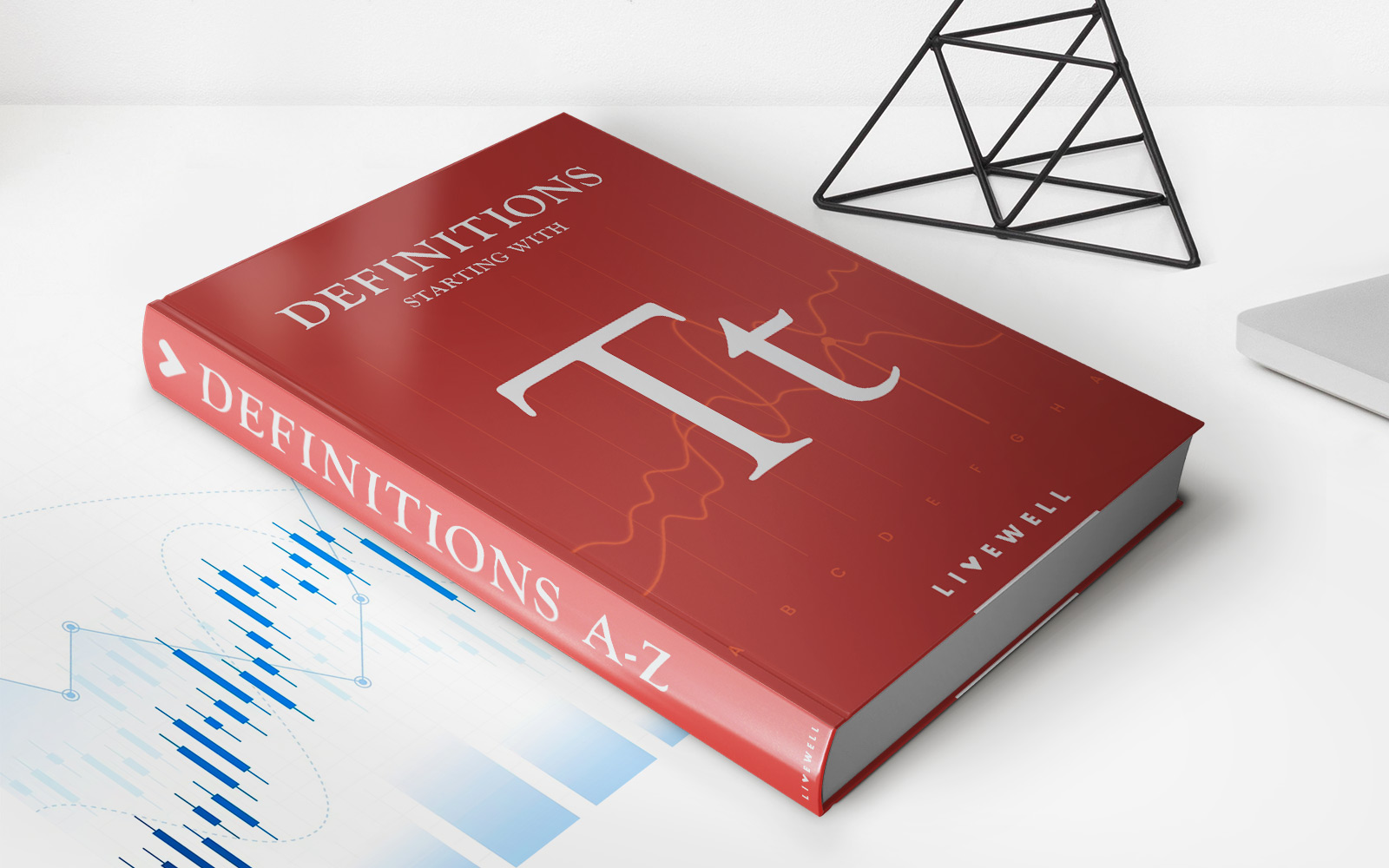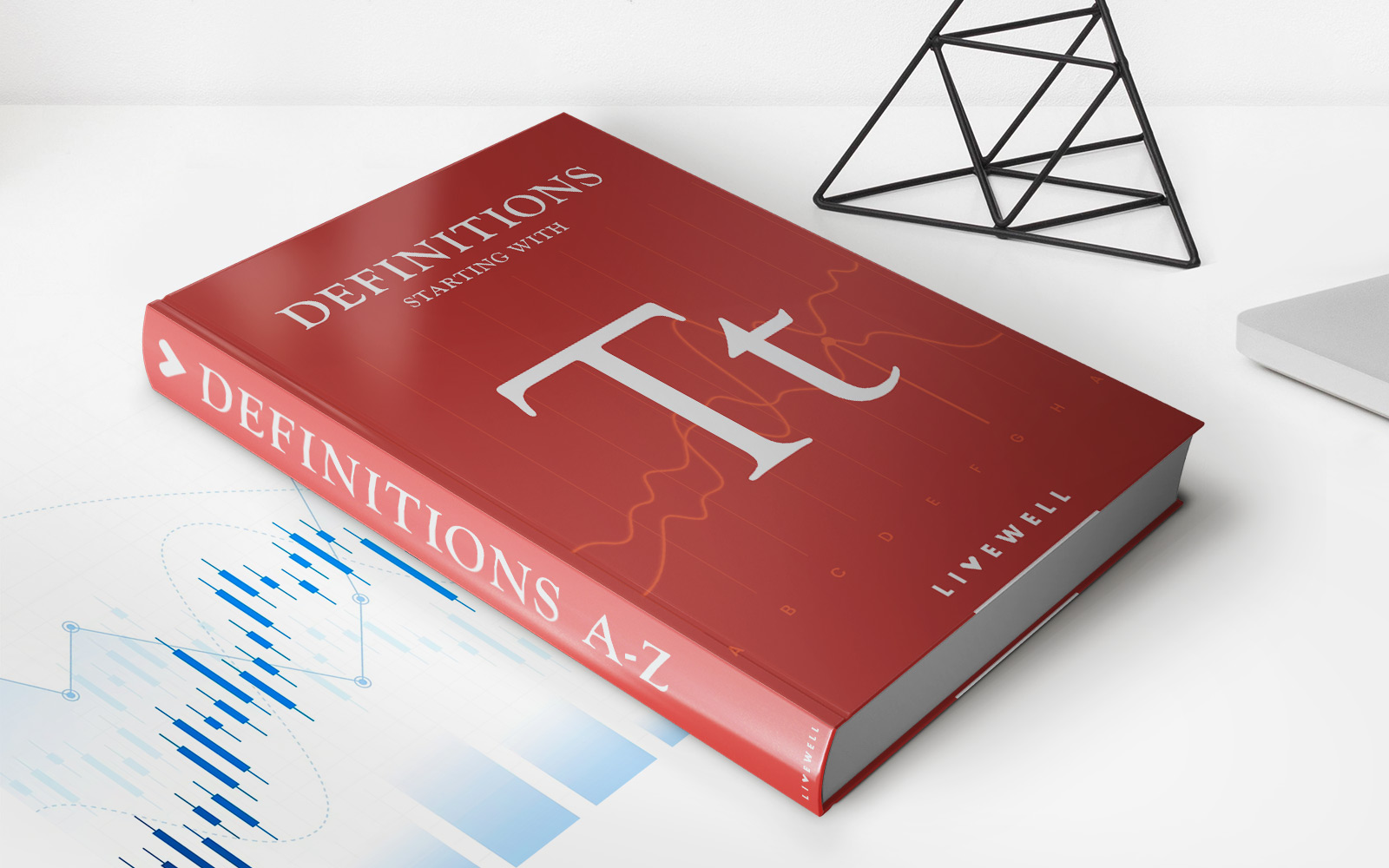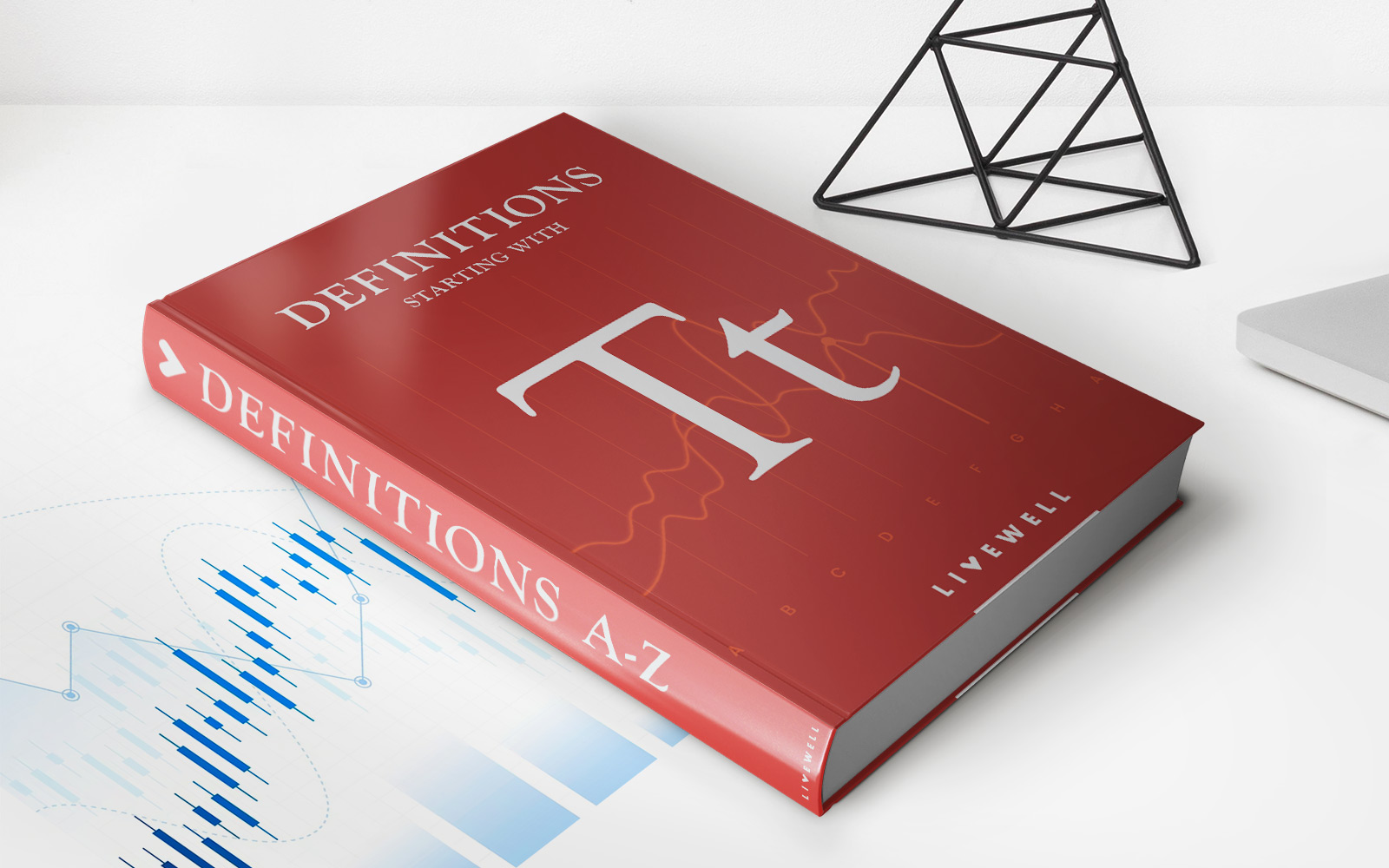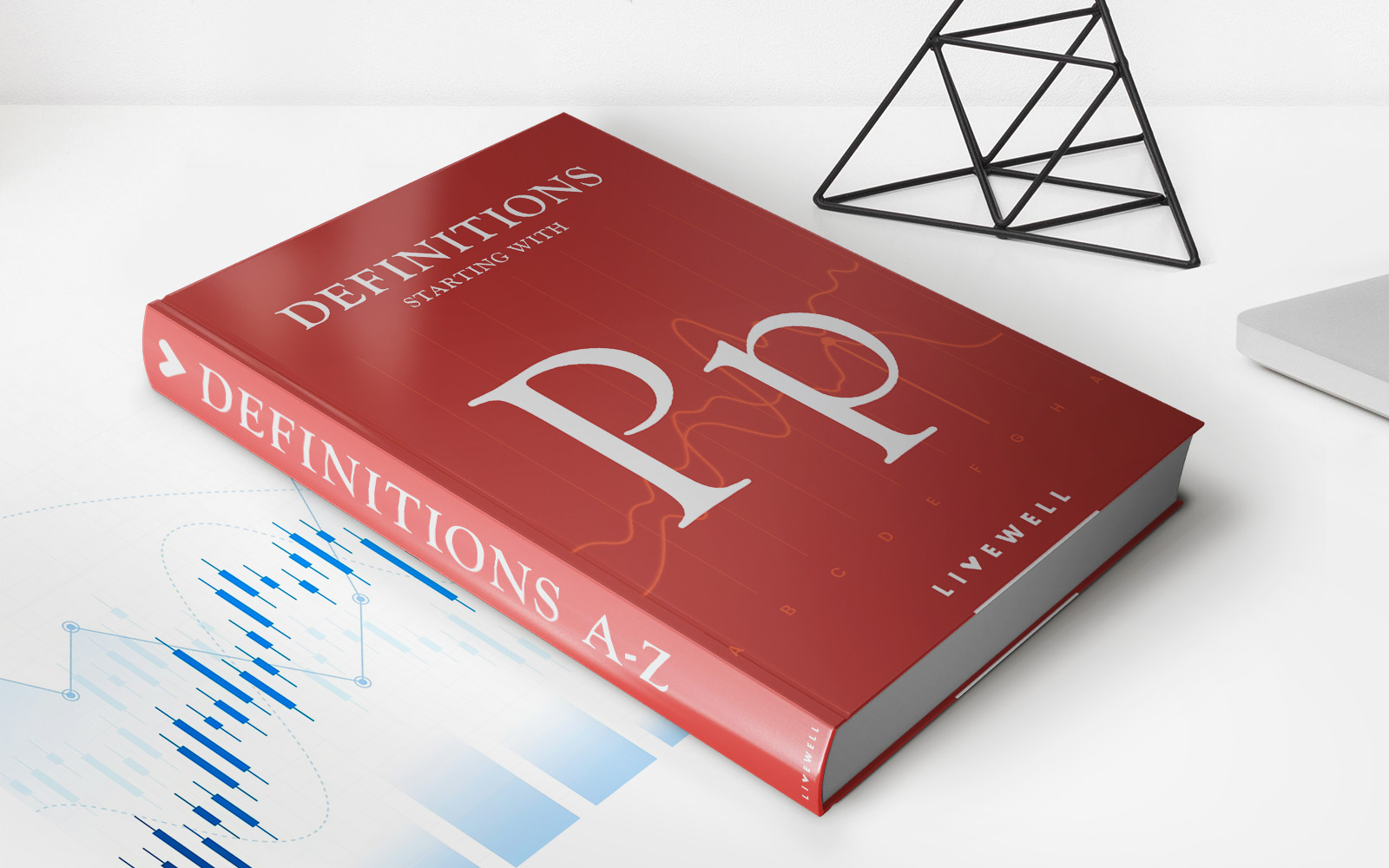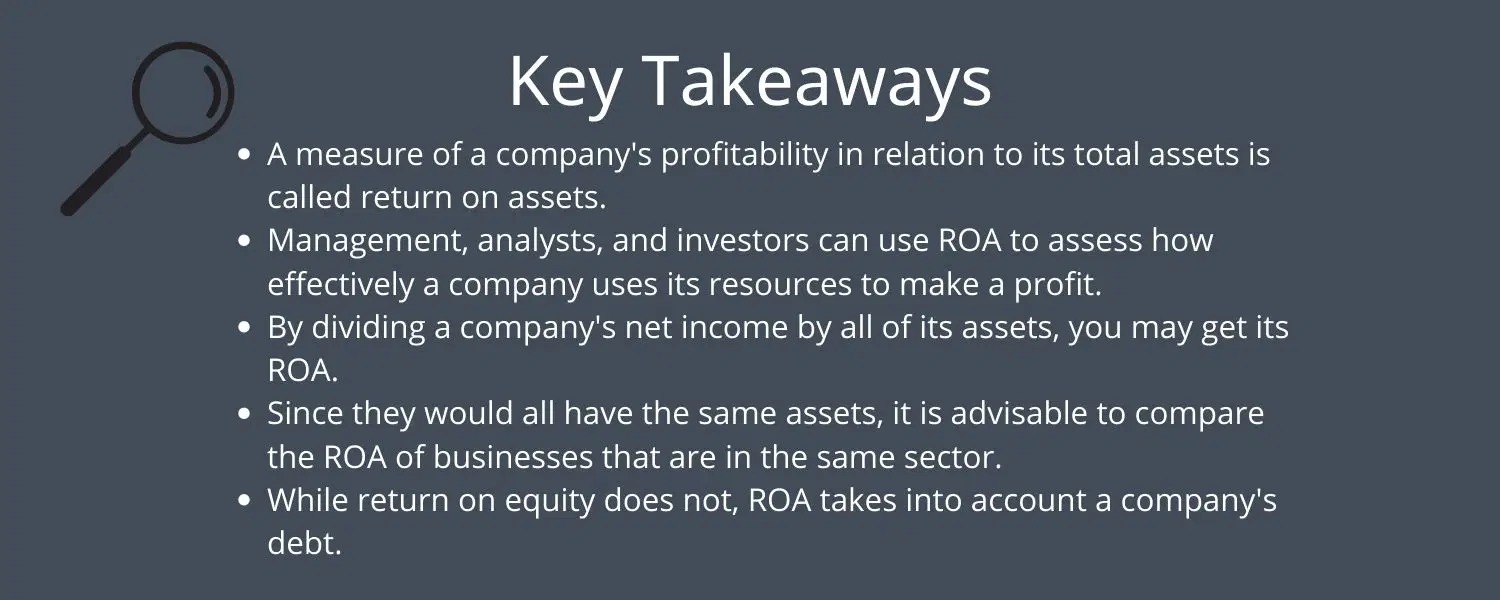

Finance
Wrongful Termination Claim Definition
Published: February 19, 2024
Discover the true meaning of a wrongful termination claim in the finance industry and learn how to protect your rights.
(Many of the links in this article redirect to a specific reviewed product. Your purchase of these products through affiliate links helps to generate commission for LiveWell, at no extra cost. Learn more)
Understanding Wrongful Termination Claims: A Comprehensive Guide
Welcome to our Finance category blog post on wrongful termination claims! In this article, we will provide you with a comprehensive guide to understanding and navigating the complexities of wrongful termination claims. Whether you are an employee who believes they have been wrongfully terminated or an employer looking to ensure fair practices, this post will provide you with valuable insights into this legal matter.
Key Takeaways:
- Wrongful termination claims arise when an employee’s employment is terminated in violation of their legal rights or contract.
- Wrongful termination claims can result in various legal remedies, including compensation for lost wages and benefits or reinstatement of employment.
1. Defining Wrongful Termination
Wrongful termination, also known as wrongful dismissal or wrongful discharge, refers to the termination of an employee’s contract or employment in violation of their legal rights. While employment in most jurisdictions is considered “at-will,” meaning the employer can terminate the employee without cause, wrongful termination occurs when the termination violates a specific law or contractual agreement.
2. Common Grounds for Wrongful Termination Claims
Employers must follow certain legal guidelines and fair employment practices when terminating an employee’s contract or employment. Here are some common grounds for wrongful termination claims:
- Discrimination: Terminating an employee based on their race, gender, age, religion, national origin, disability, or other protected characteristics is illegal.
- Retaliation: Firing an employee as reprisal for engaging in legally protected activities, such as whistleblowing, reporting harassment, or exercising their rights, is unlawful.
- Breach of Contract: If the employment agreement or contract explicitly outlines the terms and conditions of termination and the employer violates these terms, a wrongful termination claim can be pursued.
- Violation of Public Policy: Terminating an employee for reasons that violate public policy, such as refusing to engage in illegal activities or reporting safety violations, may be considered wrongful termination.
- Constructive Dismissal: When an employer makes working conditions intolerable, forcing the employee to resign, it can be treated as wrongful termination.
3. Steps to Take if You Believe You’ve Been Wrongfully Terminated
If you suspect that you have been wrongfully terminated, it is crucial to take the appropriate steps to protect your rights and build a strong case. Here are some recommended actions to consider:
- Review Employment Documentation: Thoroughly examine your employment agreement, any relevant contracts, and company policies to determine if any violations have occurred.
- Gather Evidence: Collect any supporting evidence, such as emails, performance reviews, witness statements, or any documentation that can substantiate wrongful termination claims.
- Consult with an Employment Attorney: Seeking advice from an experienced employment attorney specializing in wrongful termination will provide you with legal guidance and help evaluate the strength of your case.
- File a Complaint or Lawsuit: Based on your attorney’s advice, you may need to file a complaint with a relevant government agency, such as the Equal Employment Opportunity Commission (EEOC), or proceed with a lawsuit in court.
- Prepare for Negotiations or Litigation: Work with your attorney to gather evidence, prepare necessary documents, and develop a strategy to negotiate a settlement or defend your case in court.
In Conclusion
Wrongful termination claims can be emotionally and financially challenging for both employers and employees. It is vital for both parties to understand the legal framework concerning wrongful termination and seek appropriate legal advice when necessary. By thoroughly understanding the grounds for wrongful termination claims and taking the necessary steps to protect your rights, you can navigate the legal process more efficiently and potentially reach a fair resolution.
If you have any specific questions or need expert guidance related to wrongful termination, feel free to reach out to us. Our team of experienced professionals is here to help!
